I read Hillbilly Elegy by JD Vance when it first appeared. The first part moved me as he described the Appalachians and his family and friends. The rest of the book felt disingenuous, with deceptive descriptions and hollow chapters. After the excitement that somebody had written a book much like my memoir, A Renaissance Redneck, it left me with a sour taste. It was only later that I learned he had not grown up a hillbilly at all; he was raised in an affluent family in Ohio.
Unlike Vance, poverty was my experience growing up. Days upon end, I ate black-eyed peas, wilted lettuce, and moldy day-old bread. As a six-year-old, I shivered as the rain poured through holes in the roof, drenching the dilapidated one-bedroom parsonage the five of us shared. I watched my Mom weep (I only saw her cry one other time when her Mom died) with exhaustion after working the third shift at a chicken processing factory, cutting out the entrails on an assembly line for hours on end. The silver scissors with a small metal ball on one end she used are forever imprinted on my mind.
In those clannish mountains, grandfathers claim their granddaughters as their “rightful” child brides. Dad was tied in knots trying to explain how my friend Marilyn became her own grandmother. I remember black dogs named “nigger,” seeing the burned barns of a new black family trying to eke out a living from the land. Burned out, they fled, never to return. Still today, the census lists those mountains as one of the whitest regions in America. I could go on.
Forty years later, in 2011, I tried to get my Dad to take me down into the old mountain cove where many of our church members once lived. There are still people there named Hatfield. He refused, afraid that the clan would shoot us because no one would remember us.
Yet, for some inexplicable reason, in 2015, ignoring Thomas Wolfe’s warning (the famous author was a fellow southern mountain boy) that you can’t go home again, I loaded up the truck and moved back into the Tennessee foothills of the Appalachians. Nostalgia is a bitch. In Wolfe’s novel Look Homeward Angel, this phrase signifies that returning to one’s past is impossible due to the inevitable changes in people and places. It reflects that the individual and their former home have transformed, making it impossible to return to the same experience.
After almost five decades, the people, communities, and land had changed little, but I had changed far more than I knew. Confederate flags were everywhere, and we were warned not to let any visitors of color go past our driveway up the ridge as they would never return. As we struggled to clear our land and build our home, finding people willing to work and not high on drugs was virtually impossible.
In this staunchly arrogant and bitter MAGA county, punctuality, dependability, and proper training were jokes. A victim mentality permeated the region. When you finally got someone to show up, they would stand around and bitch and curse about how the Mex’cans were taking everyone’s job. We finally gave up on the local white people, hired a team of those “colored trash,” got our house finished on time and under budget, and made some great friends ((Angel, Jose, and Ricardo) from Puerto Rico. And the locals wonder why the Mex’cans are taking their jobs.
Before we got to know everyone, one local white guy took us for $1,000 to dig and lay a septic line, but he left to buy the pipe and never showed up again. He and two others (thirty-something-year-olds) were dead of overdoses before we finished our home. The local drugstore in Smith County (pop. 20,000) owned by “Christians” is one of the biggest sellers of opioids in America, in one year selling enough to provide every man, woman, and child in the county with over one hundred pills a month.
I must add that two brothers (Ricky and Dale), who were locals, were our contractors, and were terrific. But they were frustrated at every turn trying to get sub-contractors to show up. They were adamantly opposed to us taking matters into our own hands and hiring friends from our favorite local Mexican restaurant. But afterward, they begrudgingly admitted that their quality of work, attitudes, and cleanliness were beyond reproach.
Yes, I was the one who had changed. Somehow, I escaped those mountains as an eighteen-year-old, the first (and only) in my family to graduate high school and get a college degree, and I made my fortune. And that brings me back to JD Vance, the “fake” hillbilly.
Despite my disillusionment with returning home, and unlike JD Vance, I still respect and try to live out the childhood values I was taught (and many that I learned on my own) that have mostly been ignored in the present day and mocked by MAGA. I was taught to be honest at all costs, that power corrupts, to not compromise my beliefs, and that illicit drugs were a deadly crutch. I learned on my own to respect all people of any color or sexual orientation, to respect the rights of women, and that immigrants are the lifeblood of a healthy nation.
So how did JD Vance and I end up so different? As I read the chronology of his life in the memoir and listened to the candid reflections of his former friends, it seems that a few years ago, he fell under the spell of authoritarian power. And now he will stop at nothing to attain dominance; no lie is too egregious, no cowardly act too low, no misogynistic act too despicable.
Would I do the same if I had the opportunity? I honestly don’t think so. The authoritarian power of religion is no different than politics. I have watched in horror as my colleagues, mega-church pastors, fell under this same lust for power, no lie too egregious, no cowardly act too low, no misogynistic act too despicable.
It disgusted me so much that at age 47, I resigned from a highly successful career at the top of my game to escape the corruption and stench of ruthless power. I am far from perfect, but the acts required to attain authoritarian power were unattractive. Among the rare lucky ones to succeed in entrepreneurial pursuits, I had the financial means to flee the corruption of ministry and religion.
Several significant differences from Vance come to mind. I realized I needed to leave my religion to live my life more honestly. I realized I needed to leave my marriage to live my life more freely. I realized I needed to leave my authoritarian leaders to live more authentically. And I realized I needed to leave my country to live more peacefully.
Maybe we didn’t grow up the same after all. Unlike Vance, I truly was a hillbilly who grew up in poverty. And unlike Vance, I have a mother and father who taught me honesty, kindness, hard work, and respect and who provided a strict but functional home. Unlike Vance, I had to pay for every penny of my college education. And unlike Vance, I learned that all people are created equal and that liberty and justice FOR ALL is a mantra worth sacrificing for.
And for that and more, I am grateful.
Note: We have cast our overseas ballots and donated money for Kamala Harris and Tim Walz, and they are in the mail to the United States now. We absolutely will not vote for Vance and T***p for the sake of democracy, the above reasons, and many more.
If you enjoyed this, I write a new post almost every Tuesday, including art (new and older) and occasionally photographs. You can get it straight to your email by using this link to Subscribe. I will never spam you, and it is easy to unsubscribe.
Click photos to enlarge.
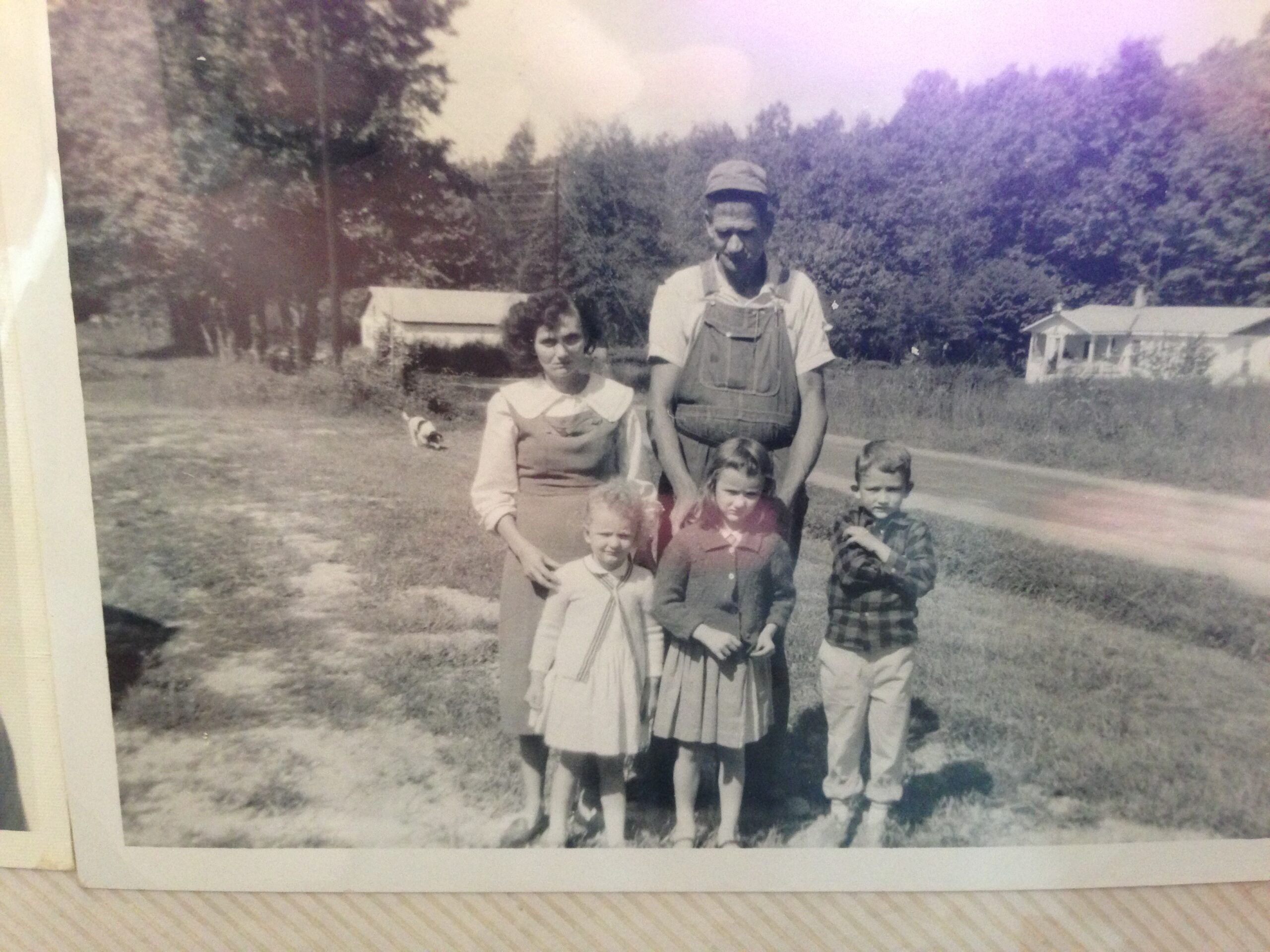
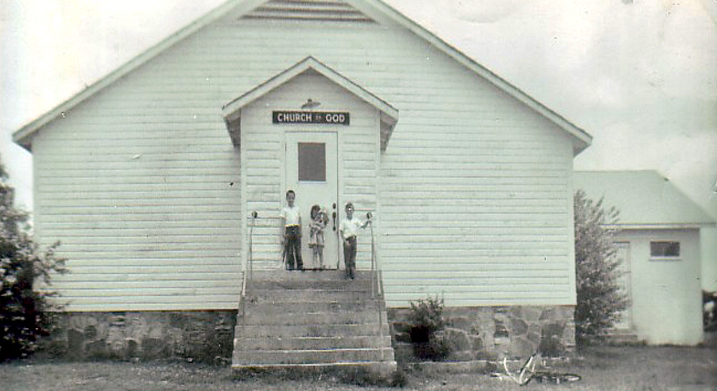
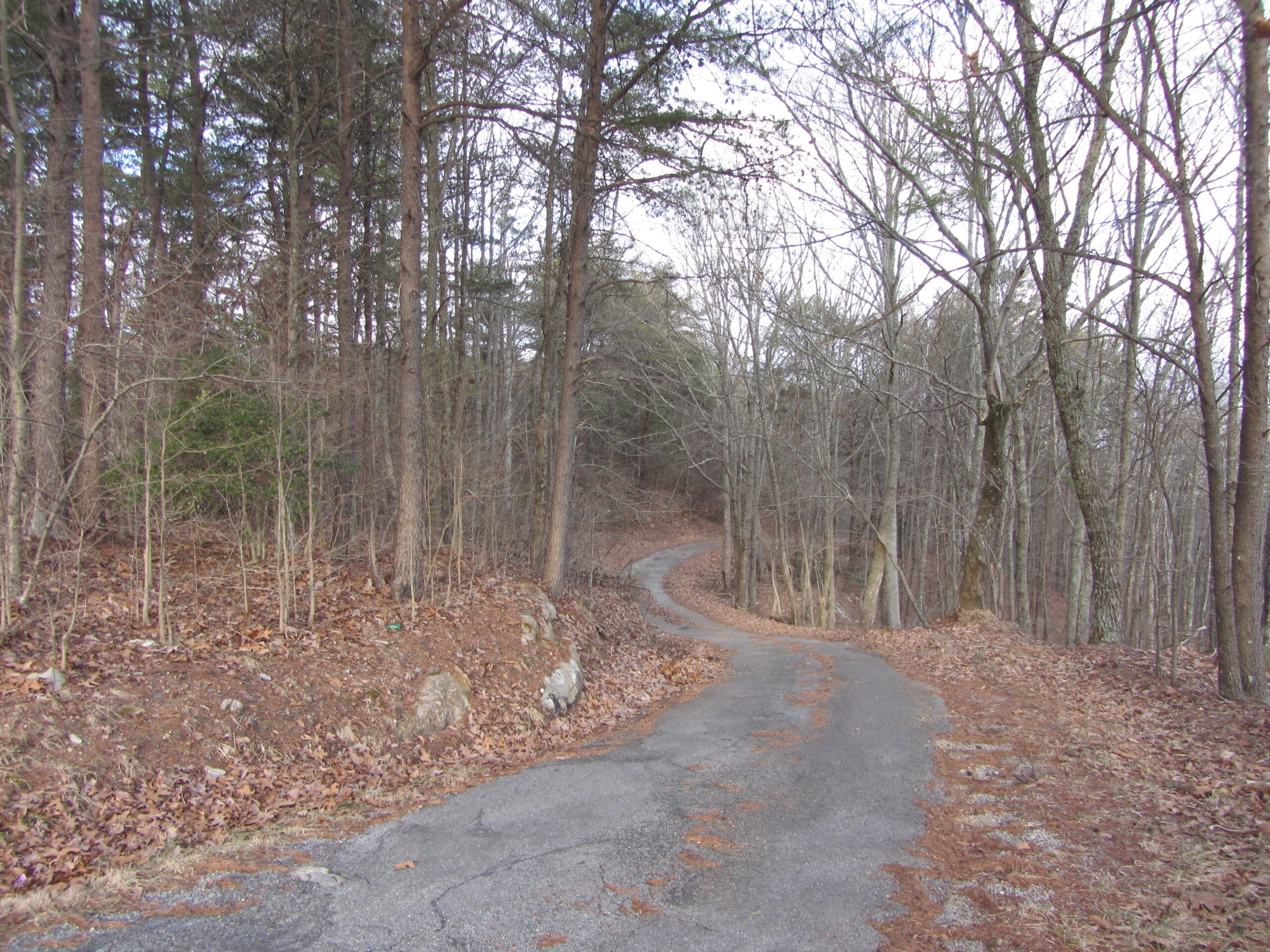
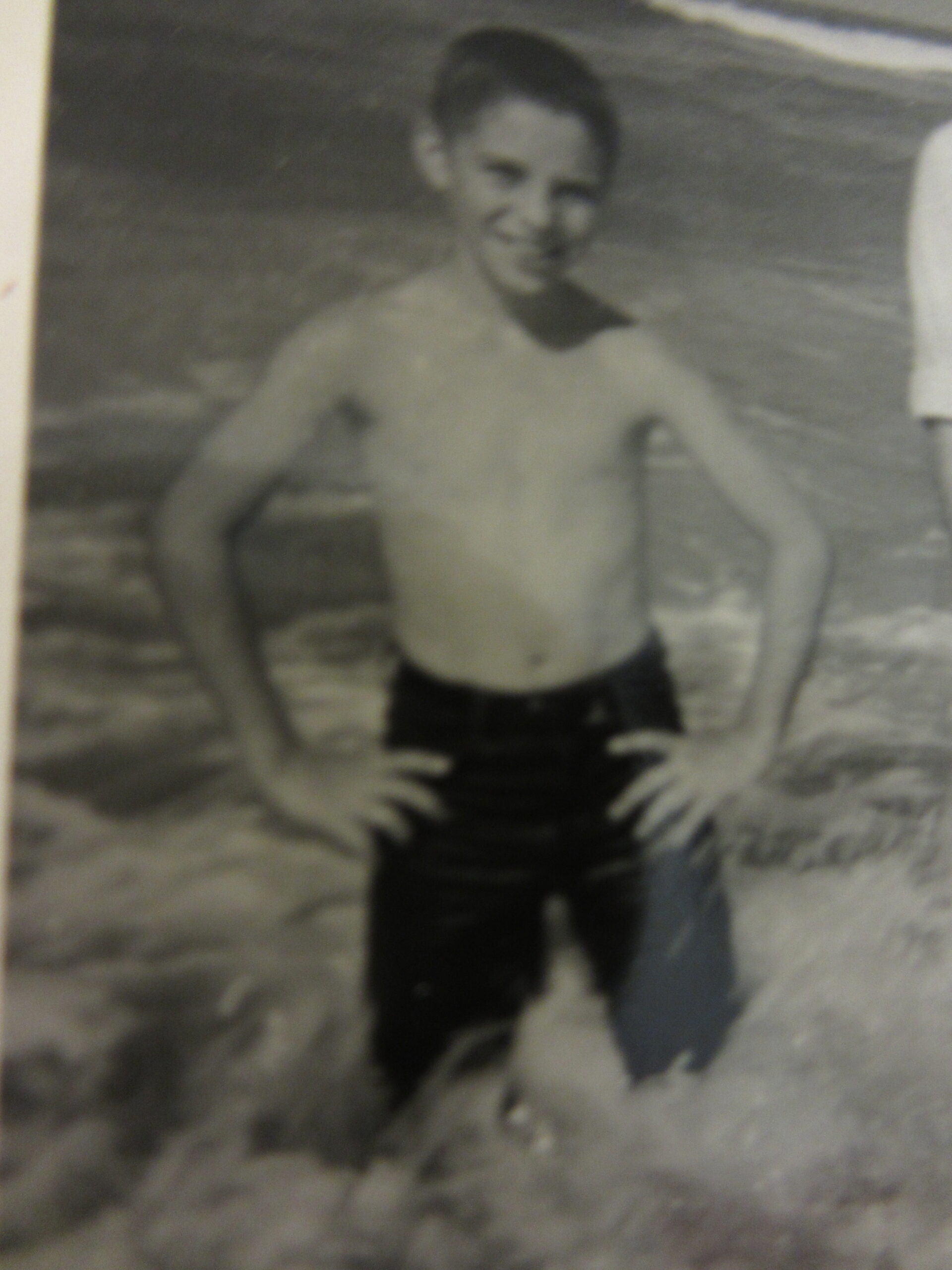
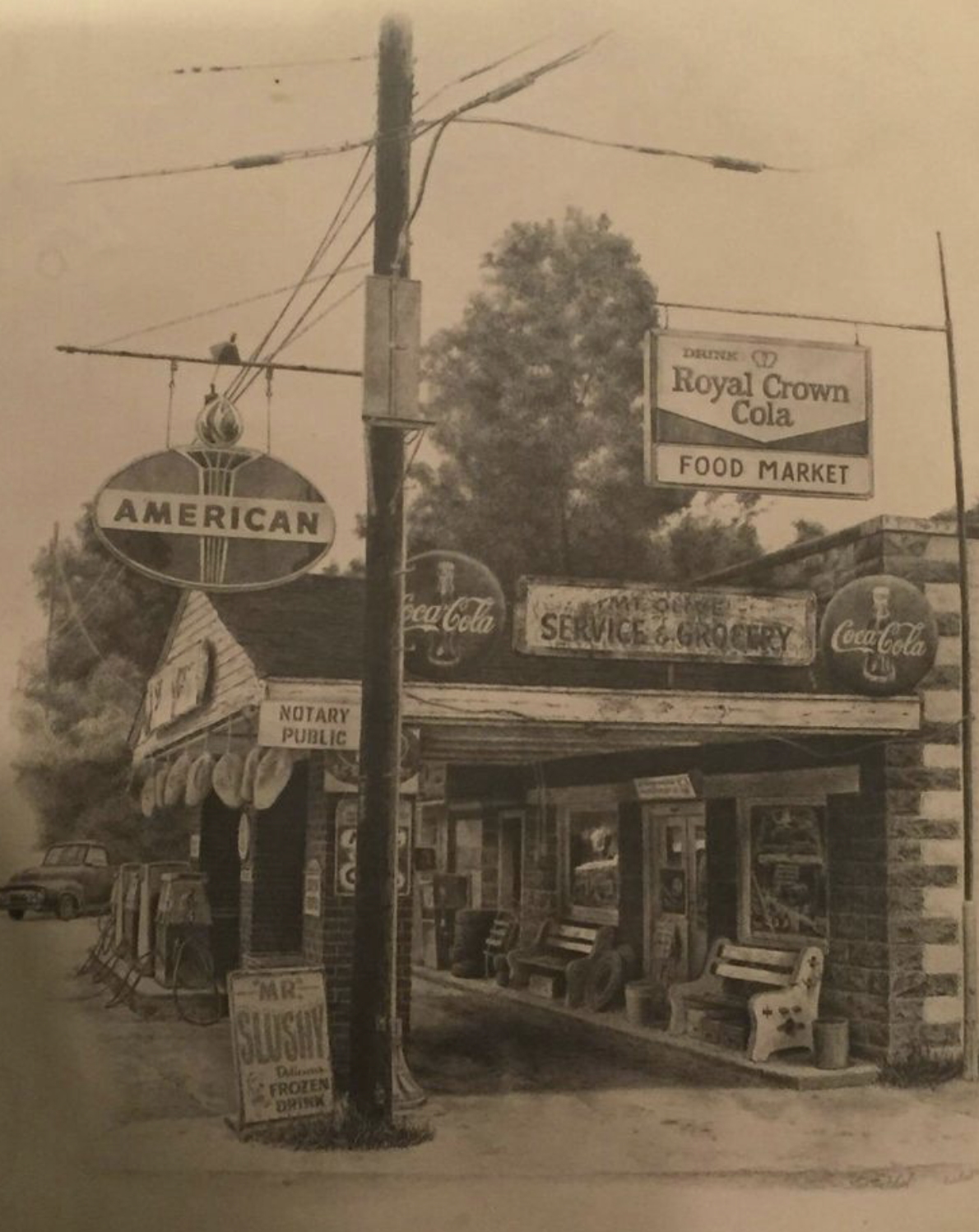
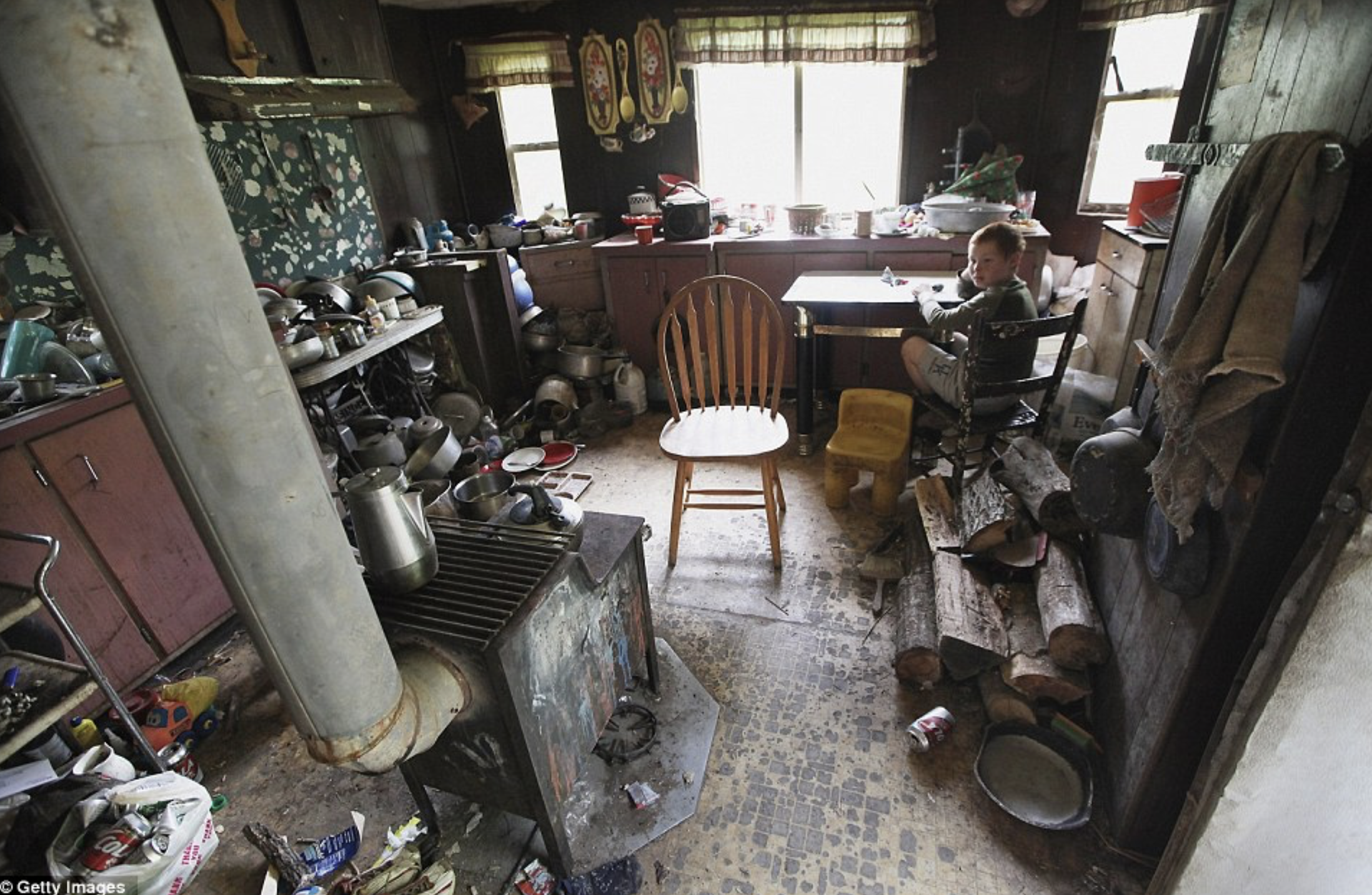
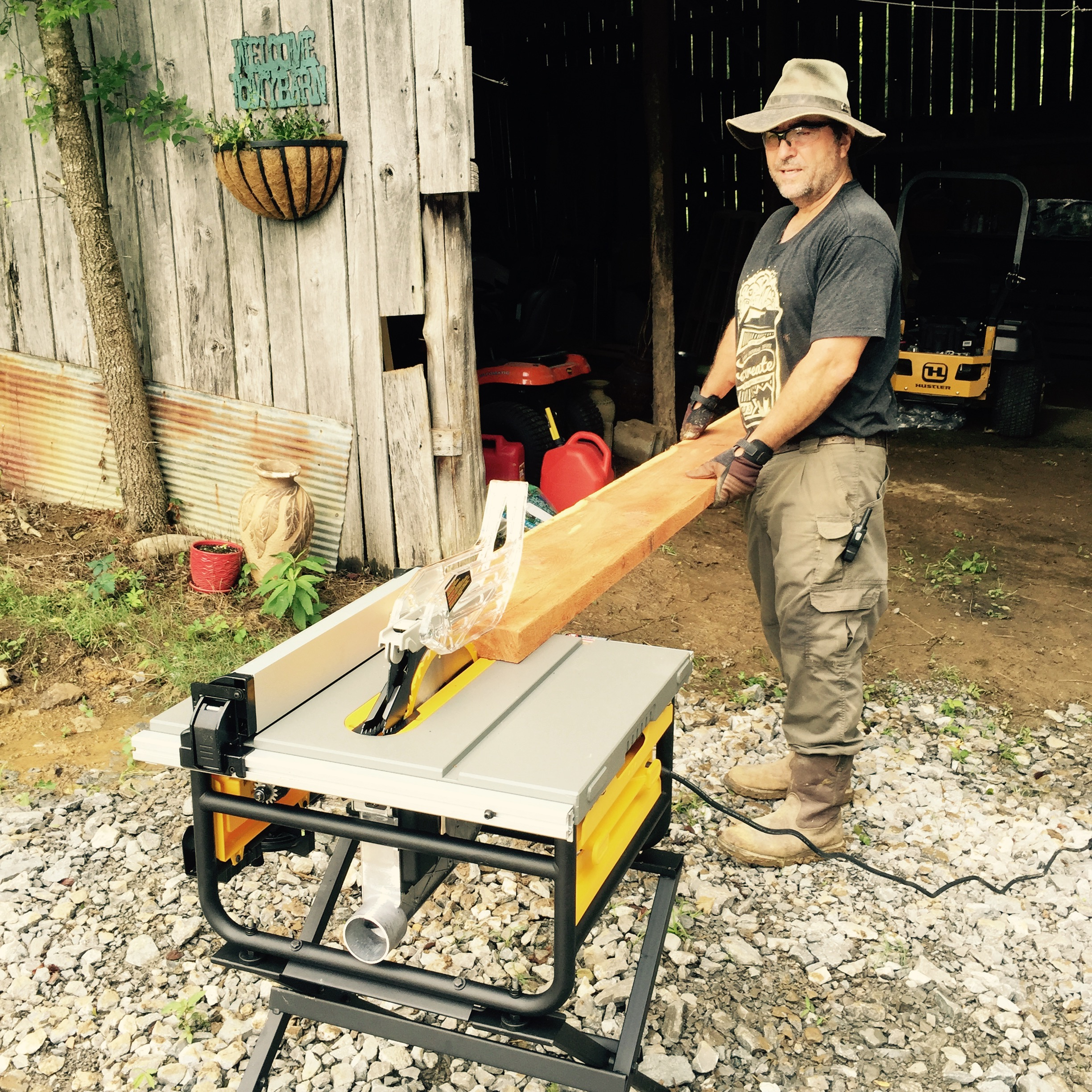
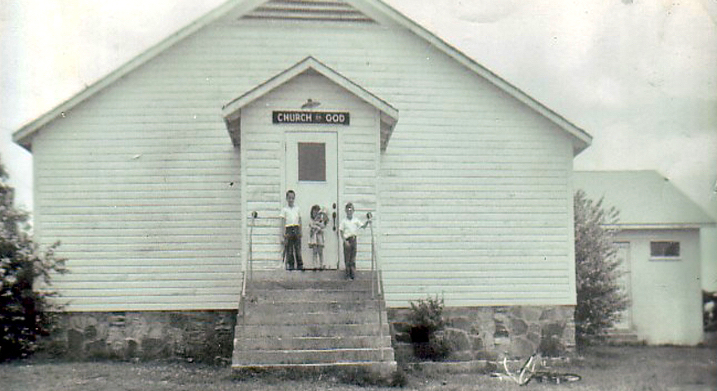
Leave a Reply